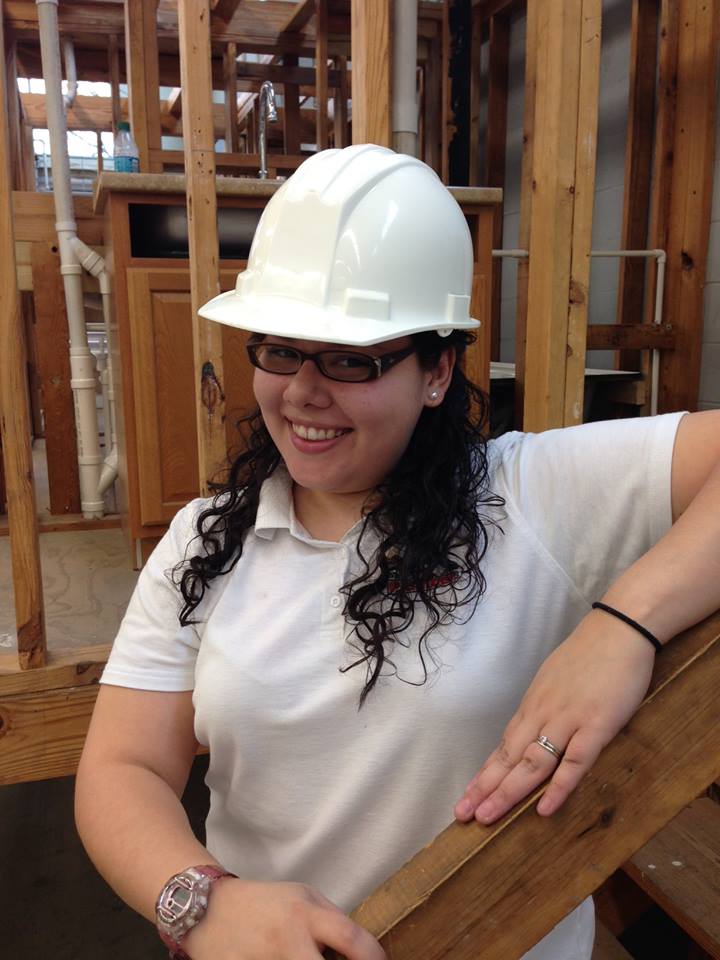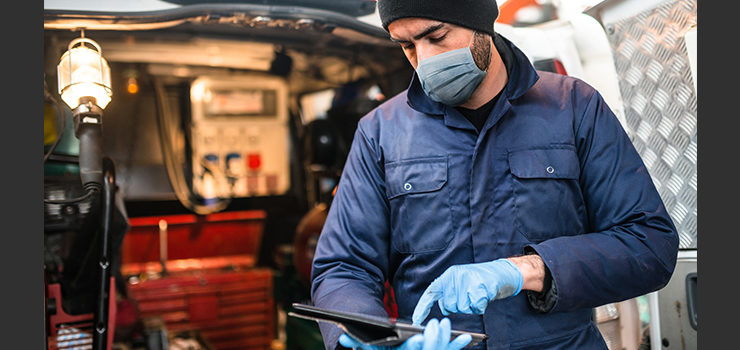
By: Allie Perez
The Coronavirus (COVID-19) pandemic has affected every business and industry in the world. Whether business is considered “essential” or “non-essential,” all businesses have had to cope with changes to employment, safety and financial stability. Within the construction industry, divides between critical business for infrastructure versus new industrial construction sites have fueled national debates. Despite the state or region, Coronavirus has affected the skilled trades industry’s workers, supplies, customers and economic futures irrevocably.
One of the most palpable affects to the construction industry stems from the definition of the industry itself. The term “construction” implies what the industry refers to as “new construction.” New construction sites refer to completely new builds in residential, commercial and industrial settings. Skilled trade services typically fall under the construction industry bracket. However, unlike new construction sites, skilled trade services provide residential, commercial and industrial service of appliances, fixtures, piping and fittings.
The White House deemed skilled trade services essentially imperative to community safety and infrastructure. Due to the loose liberties taken with the term “construction,” some states have taken advantage of the semantics to also include new construction sites, proving problematic for cities like New York City with dense populations. After much intervention from trades unions, Governor Cuomo of New York shut down new construction sites not directly associated with buildings immediately needed for medical purposes. Unwittingly, Coronavirus helped to define and divide the construction industry into brackets of necessity versus industrial growth.
Changes to the skilled trades
Skilled trade workers depend on tools and parts to complete their essential tasks. With social distancing rules and for the safety of their employees, factories across the nation opted to close their doors or convert their production lines to create tools needed for medical workers. While the White House did classify suppliers for skilled trade workers as essential, operating these facilities while employing health and safety restrictions has inevitably slowed production.
Additionally, the entirety of the construction industry intimately depends on personal protective equipment to maintain safety on the job every day, despite a pandemic. During the pandemic, personal protective equipment (PPE) has become scarce and when available, price gouged. In truly American form, new construction sites shut down by the Coronavirus pandemic have gifted the medical industry with personal protective equipment dearly needed on the medical front lines. While the Coronavirus makes obtaining PPE more difficult, industries are sharing and thinking outside the box to solve the complicated problems this pandemic brings to the surface.
For skilled trades service workers, the “house call” dynamic undoubtedly changed. Most established service companies emailed customers to inform of their safety practices during the pandemic. Customers contact service companies demanding to know their safety measures to ensure customer and skilled service worker health and safety. The volume of home service calls has diminished in recent weeks due to fear and the recommendation to self-isolate without physical interaction from the outside world. Fewer people are willing to permit workers into their home.
As a consequence of halted new construction projects nationwide, project deadlines have shifted and, in some instances, been postponed indefinitely. The standstill of new construction projects fiscally effects not just the construction industry, but the industries that required the build. Business projections within any industry have morphed from forecasts to guesses. While aspects of the construction industry can still operate, that does not mean they remain unaffected by the Coronavirus.
Economically, no precedent exists for economic predictions during a pandemic of this scale. The federal government passed various acts of legislation to provide financial stimulus to our floundering economy. From workers to businesses, the government has opted to send direct funds to individuals in a certain pay bracket and by making Small Business Administration (SBA) loans available at low or no interest rates, to name a few of their efforts.
Best fiscal practices
Below, find a list of best practices for navigating the Coronavirus pandemic, fiscally. The best practices apply to skilled trade workers and skilled trade business owners.
- File for any and all assistance available to you. For business owners, depending on your business size, loans and payroll assistance are available resources. For workers, unemployment benefits should be available to those who qualify from the worker’s state.
- For businesses, collect money. Require payment at the time service is rendered, where applicable. Now is not the time to take a chance on allowing a new customer to pay over-time.
- Think outside the box. Do things differently. Unfortunately, the skilled trades is not an industry that lends itself to tele-work. However, thinking creatively about your systems, processes and personal finances during this time, could help tighten efficiencies and save money.
- Follow the rules. Workers should self-isolate and quarantine where mandated by law. Businesses should follow the letter of the law and not operate if they are not essential. When they are essential, PPE should be used. Putting yourself or your workers at risk will only result in tragedy and longer quarantine periods.
- Businesses should communicate to customers and employees what practices they have put into place to protect the skilled trade worker and the customer during this unprecedented time. Workers should communicate with their company if they are ill or have safety concerns. For mental health, reach out to friends and family and check-up on them.
The Coronavirus pandemic irrevocably altered the way business is done and life is lived. While aspects of the construction industry are essential and able to operate, all aspects of the construction skilled trade industry have been affected fiscally and personally by the pandemic.
Allie Perez is the CEO & Founder at Texas Women in Trades, Owner/CEO at Allie Katz Business Services and Consulting, and Director of Operations at Mr. Plumber Plumbing Co.
Article resource: Small business survival guide from the U.S. Chamber of Commerce

